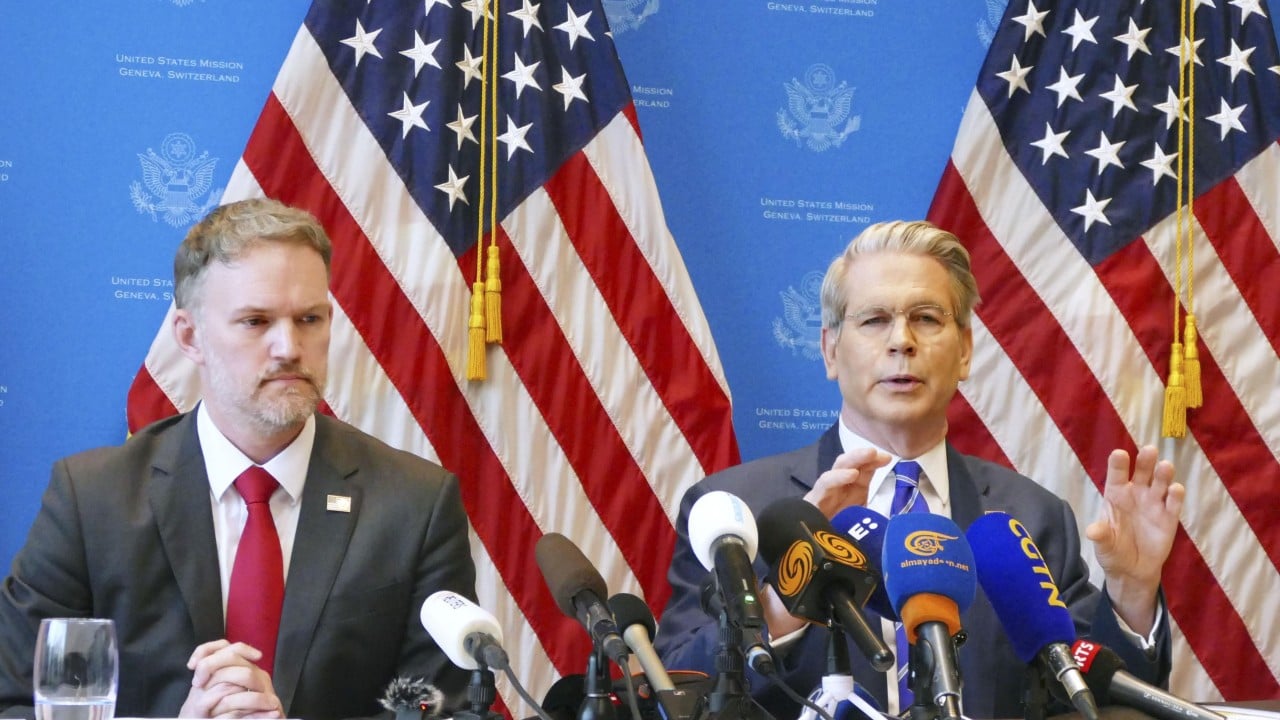As the world awaits the outcome of the China-US trade talks in London this week, the US Trade Representative (USTR) has proposed changes to shipping policy – marking another possible rollback from the stricter measures announced in April that aimed to revive the domestic industry and curb China’s shipbuilding dominance.
Advertisement
The proposed revisions, issued in a short press release over the weekend, would reduce port fees for car carriers and ease restrictions on liquefied natural gas (LNG) tankers. Notably, the new rules would eliminate the requirement that American LNG be transported on domestically built vessels – relieving pressure on some US exporters.
The public comment period for the proposed modifications has begun and will run through July 7.
1. How could US port fees change for car carriers?
In April’s detailed port fee measures, foreign-built automobile carriers would be charged US$150 per car equivalent unit (CEU) from October 14.
Advertisement
However, the USTR now proposes an overhaul: instead of a CEU-based fee, port charges would be applied based on net tonnage, at US$14 per tonne.
Under the revised structure, the port fees for a 5,000 CEU car carrier – with a net tonnage of about 15,000 – would drop from US$750,000 to US$210,000.

